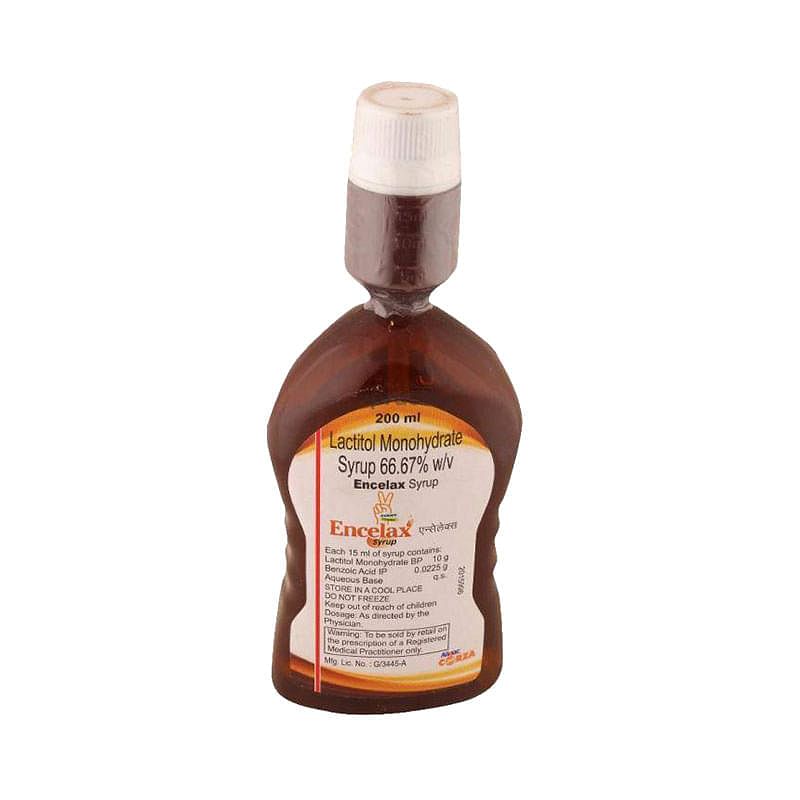
Encelax Syrup
Manufacturer
Zydus Cadila
Salt Composition
Lactitol (66.67% w/v)
Key Information
Short Description
Encelax Syrup is a type of sugar used to treat constipation by drawing water into the intestine, making stool softer and easier to pass.
Dosage Form
Syrup
Introduction
Encelax Syrup is a type of sugar used to treat constipation. It works by drawing water into the intestine, which makes the stool softer and easier to pass. It may also be used in the treatment and prevention of hepatic encephalopathy.
Directions for Use
Take this medicine in the dose and duration as advised by your doctor. Check the label for directions before use. Measure it with a measuring cup and take it by mouth. Shake well before use. Encelax Syrup may be taken with or without food, but it is better to take it at a fixed time.
How it works
Encelax Syrup works by drawing water into the intestine through osmosis, which makes the stool soft and easier to pass.
Quick Tips
Take it exactly as prescribed by the doctor It should preferably be taken at bedtime as it requires 6 to 8 hours to show effect It is usually taken once a day as needed for up to 2 weeks Some healthy tips to prevent constipation from happening: Eat more fiber in your diet, Drink 8-10 glasses of water per day, Exercise regularly at least 3 times per week, Do not hold in stool as that can worsen bowel issues Take it at least 2 hours after taking other medicines as it may interfere with the absorption of other medicines
Related Medicines
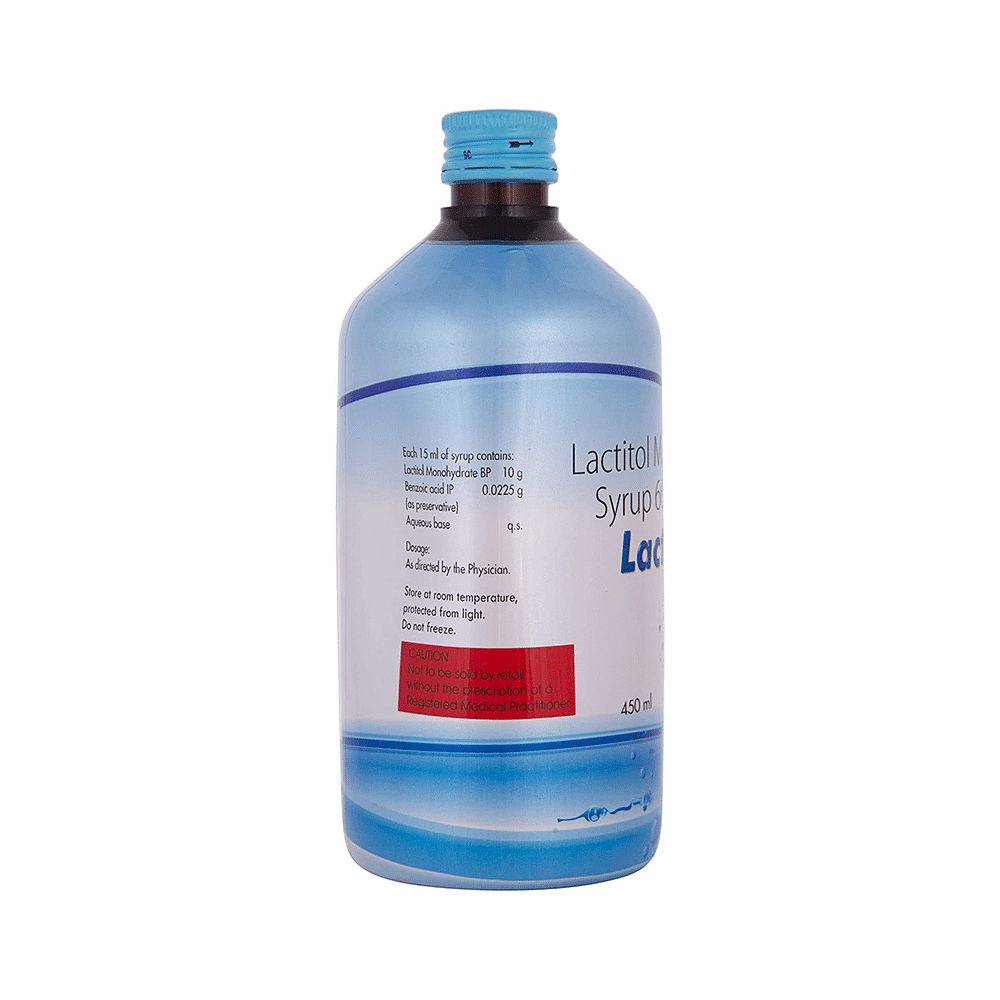
Lactihep Syrup
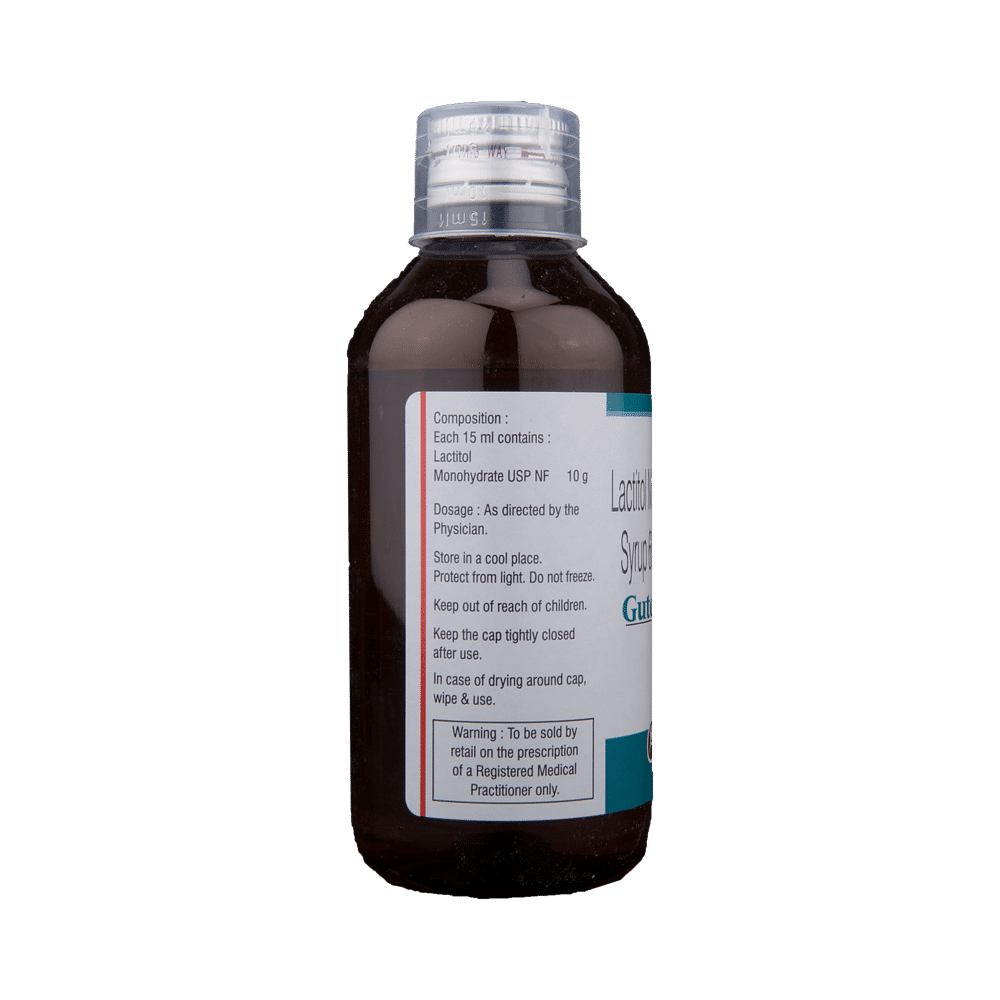
Gutclear Syrup

Gutclear Syrup
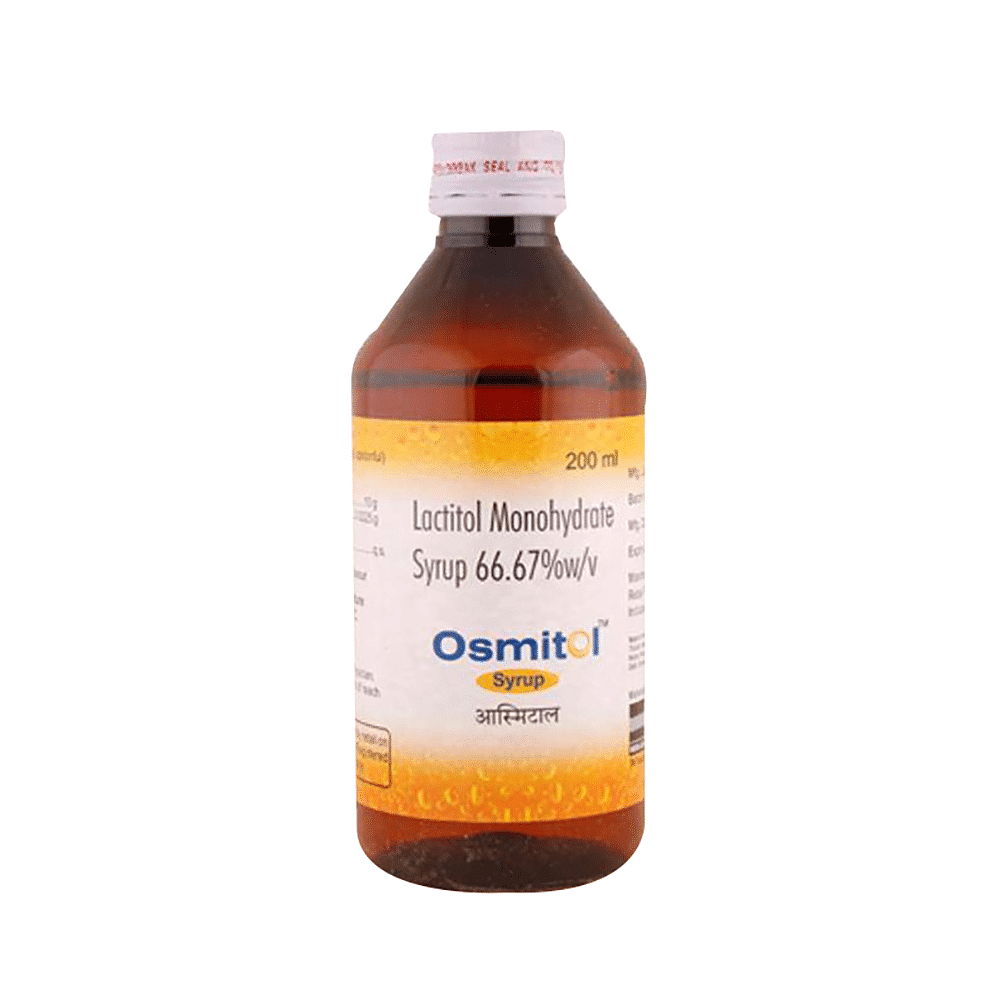
Osmitol Syrup
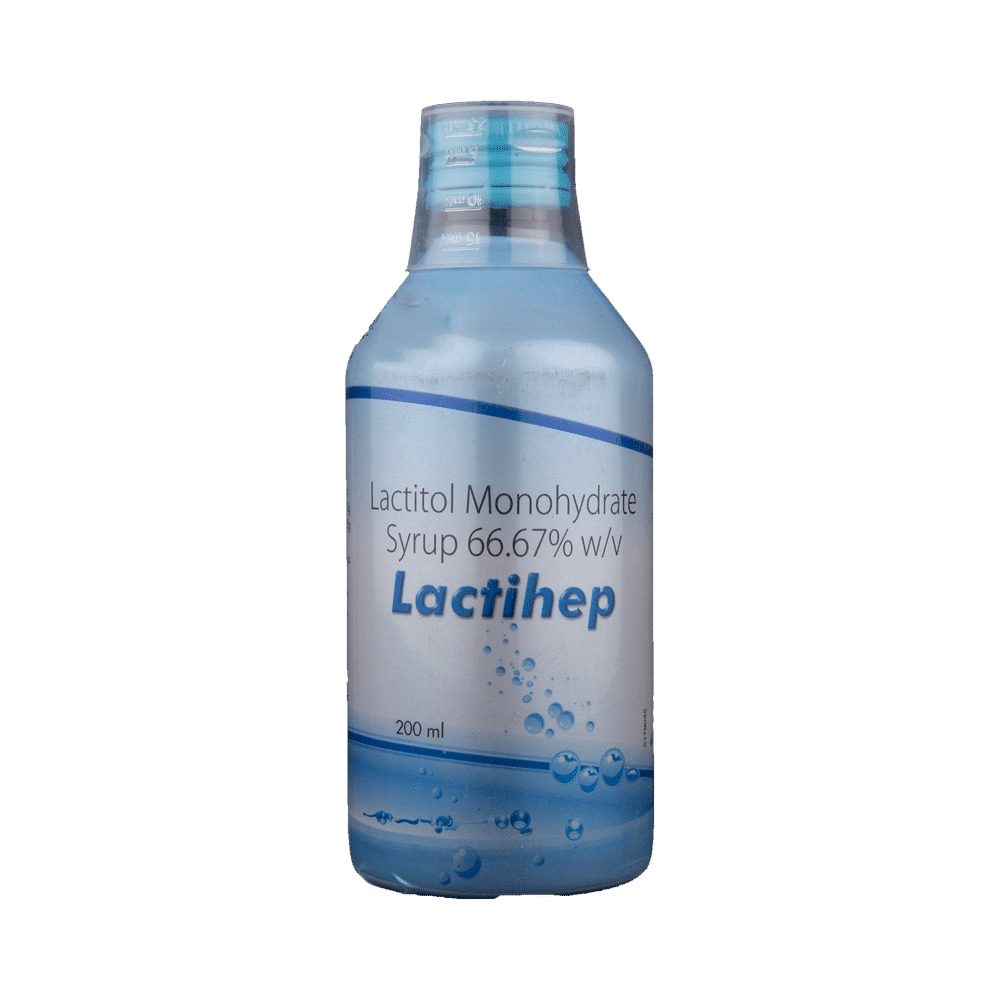
Lactihep Syrup
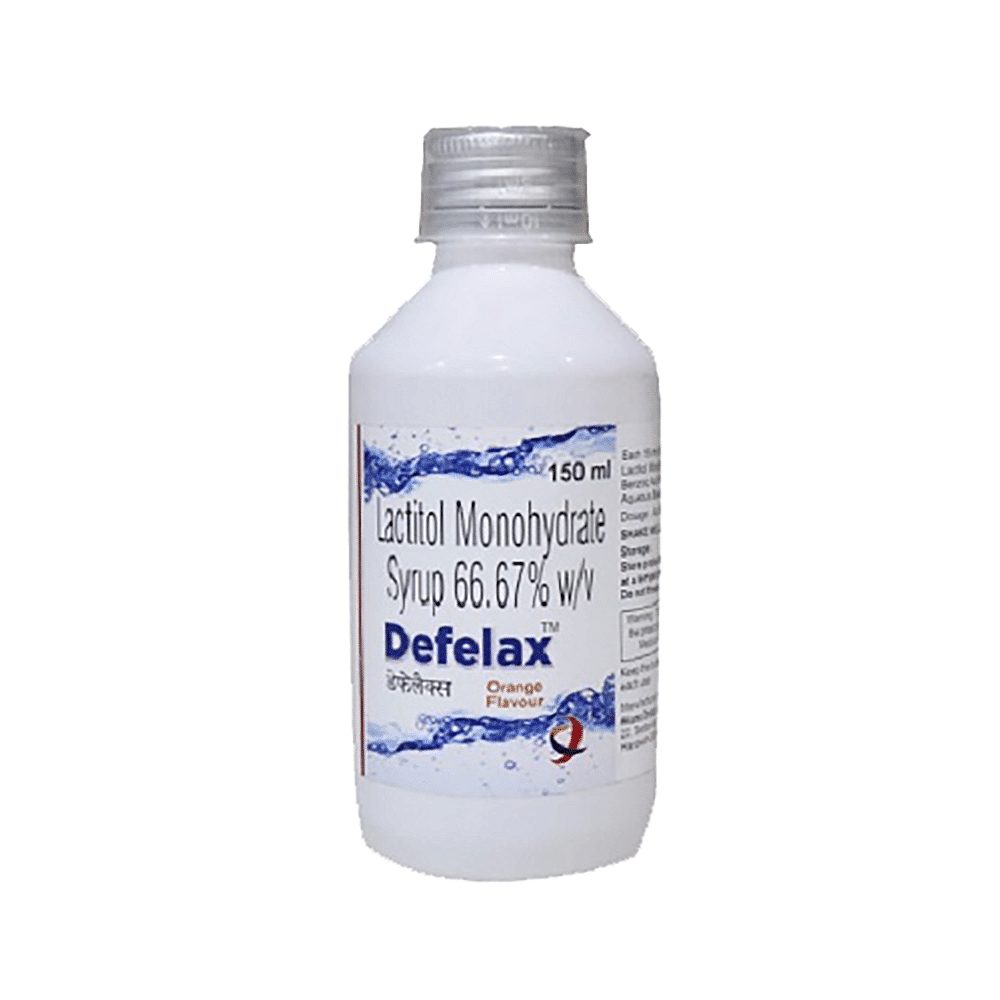
Defelax Syrup

Torrelax Syrup Orange
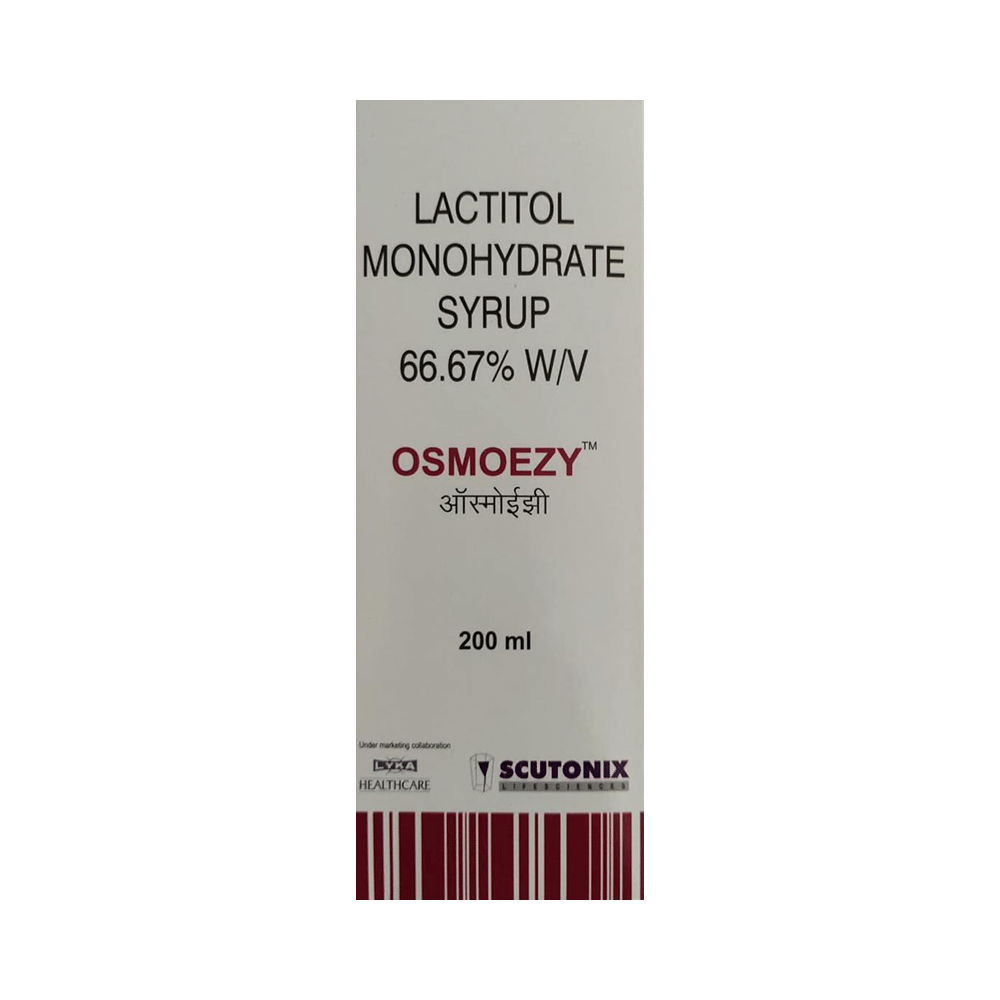
Osmoezy Syrup
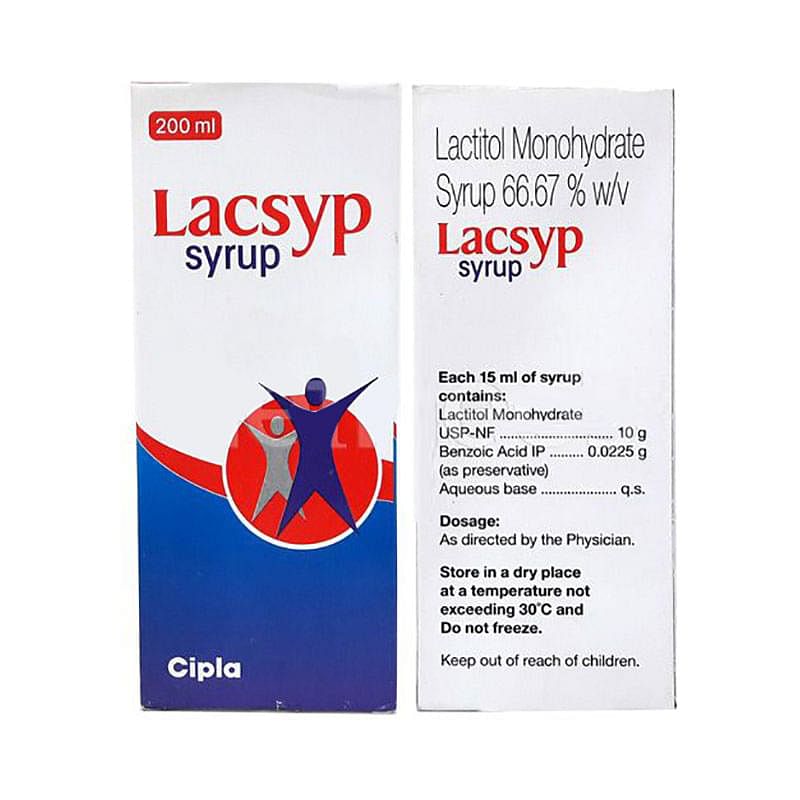
Lacsyp Syrup

Lacsyp Syrup
Frequently asked questions
How long does it take for Encelax Syrup to work?
Encelax Syrup typically starts working within 2-3 days. However, if you experience ongoing constipation after using the syrup for three days, please consult your doctor.
What is Encelax Syrup used for?
Encelax Syrup is indicated for treating both constipation and hepatic encephalopathy. Constipation is characterized by infrequent bowel movements, hard and dry stools. For hepatic encephalopathy (a serious liver condition leading to confusion, tremors, and decreased consciousness), Encelax Syrup can be used.
Is Encelax Syrup a laxative?
Yes, Encelax Syrup is a form of laxative that softens stools by drawing water from the body to the large intestine. It also helps reduce ammonia levels in patients with liver disease.
What are the side effects of taking Encelax Syrup?
Common side effects of Encelax Syrup include diarrhea, flatulence, nausea, vomiting, and abdominal pain. Diarrhea and abdominal pain may occur due to high dose; dosage should be adjusted accordingly in such cases. Flatulence may occur during the initial days of treatment and typically subsides after some time. This medication can also potentially cause electrolyte imbalance. However, this is a rare side effect.
Is it okay to take Encelax Syrup every day?
You should continue taking Encelax Syrup as directed by your doctor. For constipation, you may continue taking the medicine for up to a week; however, treatment duration may vary depending on individual circumstances and could extend for several months in cases of hepatic encephalopathy.
Who should not be given Encelax Syrup?
Encelax Syrup is contraindicated in individuals with known allergies to the drug or lactose intolerance (inability to process lactose). Furthermore, patients with galactosemia, a rare condition where the body cannot metabolize galactose, should avoid this medication.
Can I take other laxatives along with Encelax Syrup?
Typically, one laxative is sufficient to address constipation. In cases where further laxative support is needed, your doctor may recommend combining Encelax Syrup with another laxative; however, this increases the risk of side effects.
What if I take more than the recommended dose of Encelax Syrup?
Exceeding the recommended dosage of Encelax Syrup can lead to abdominal pain, electrolyte imbalance, and diarrhea. The severity of these side effects may vary depending on the individual and the dose; they often subside within a couple of days.


